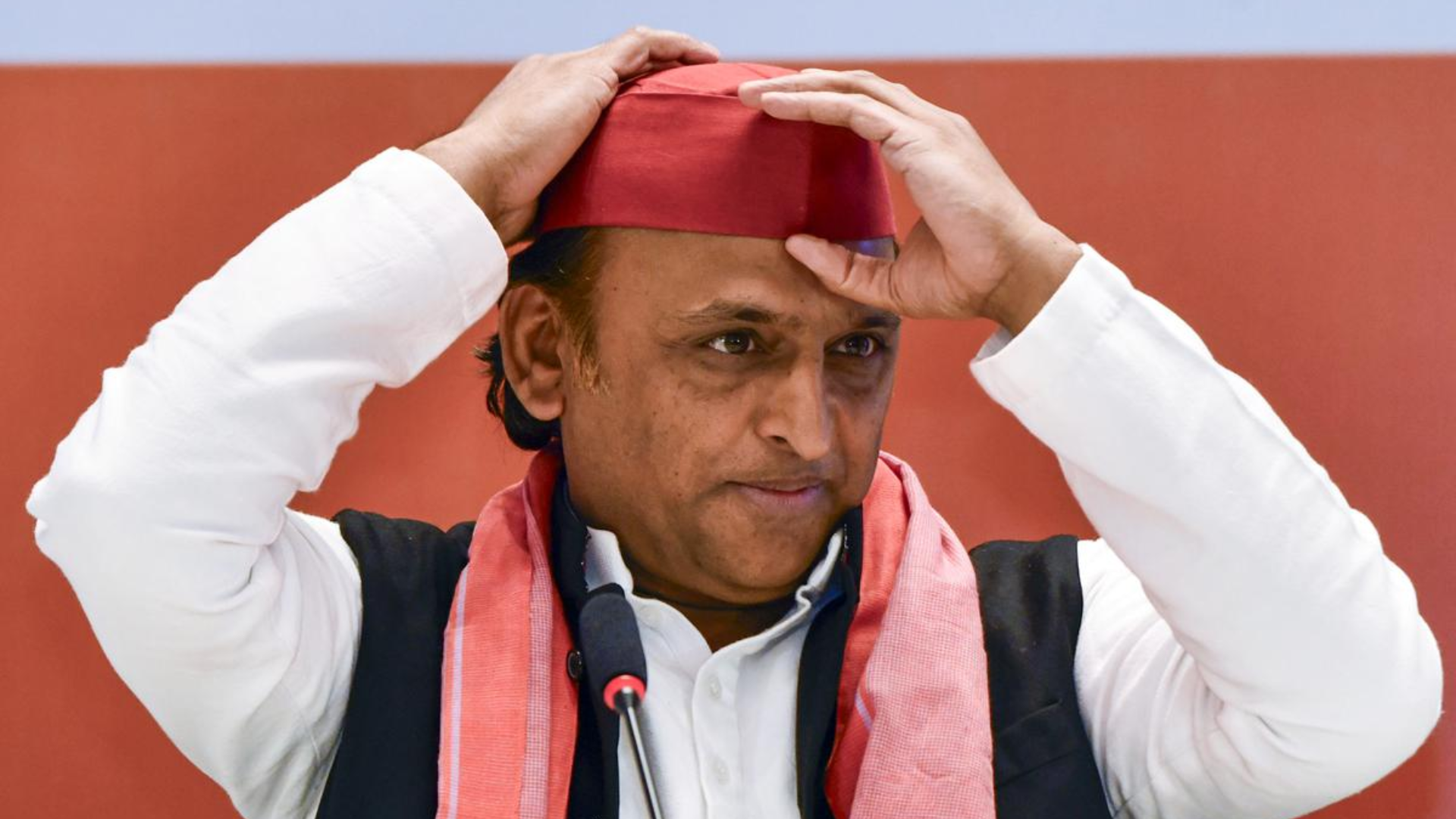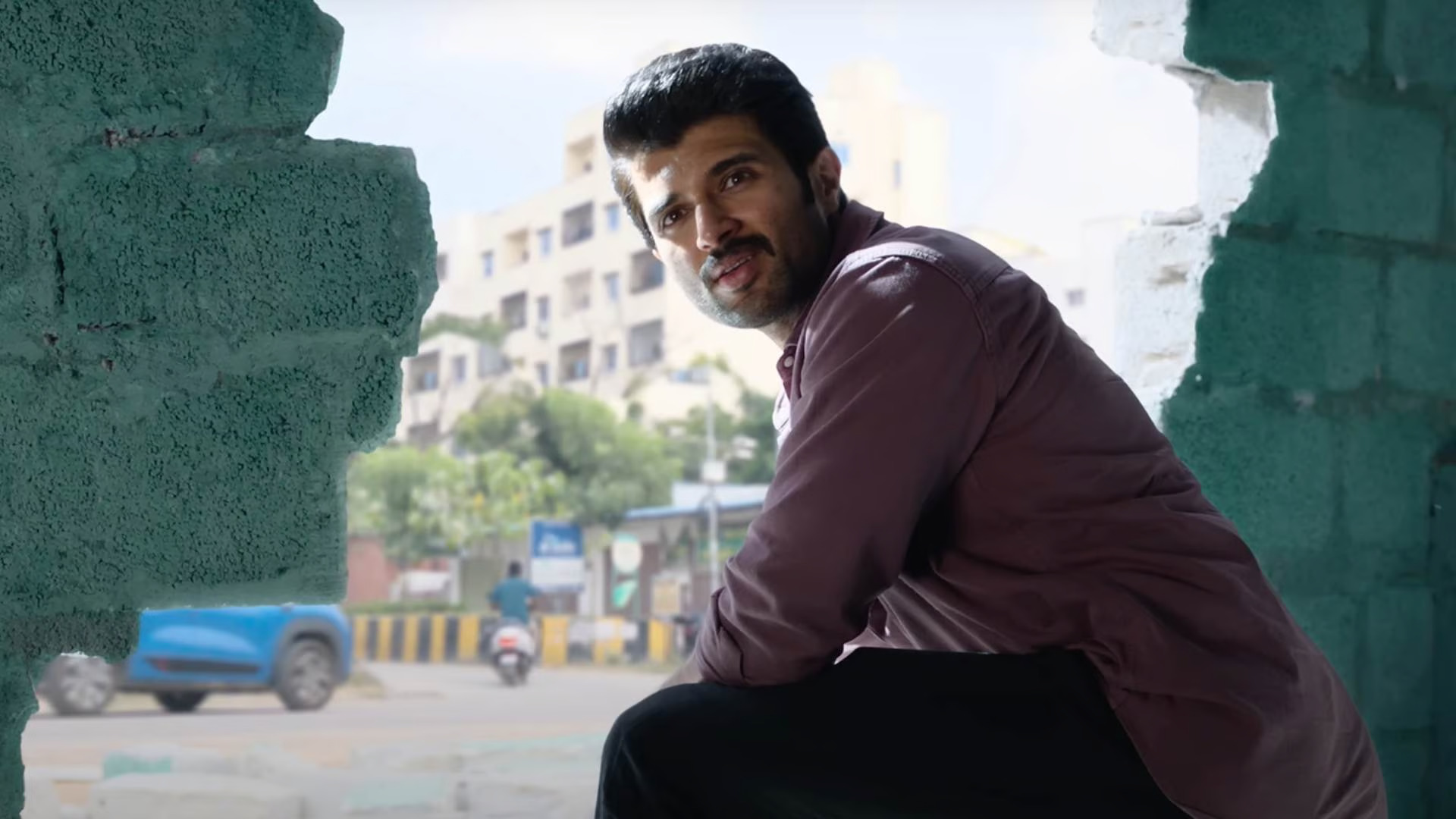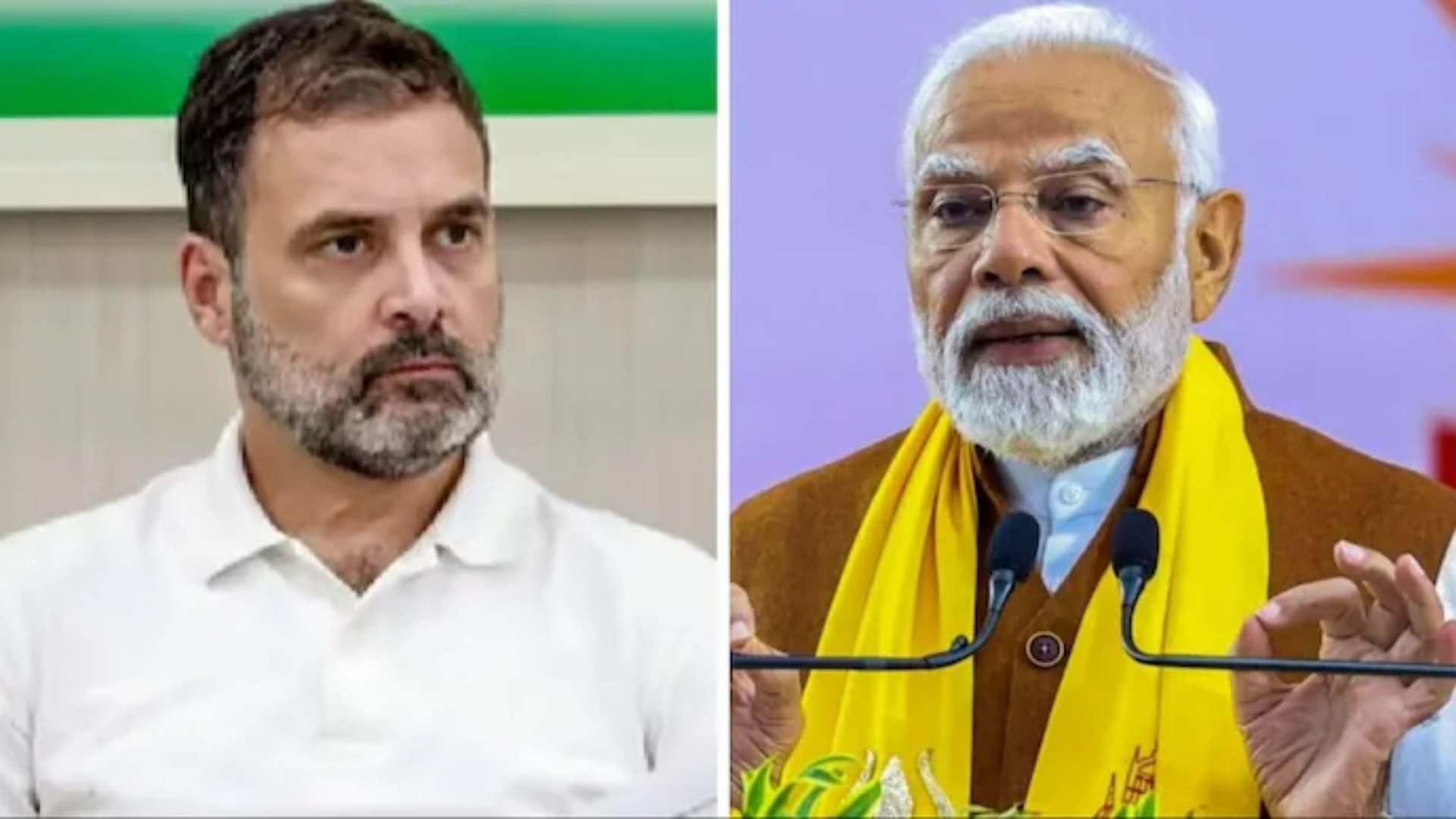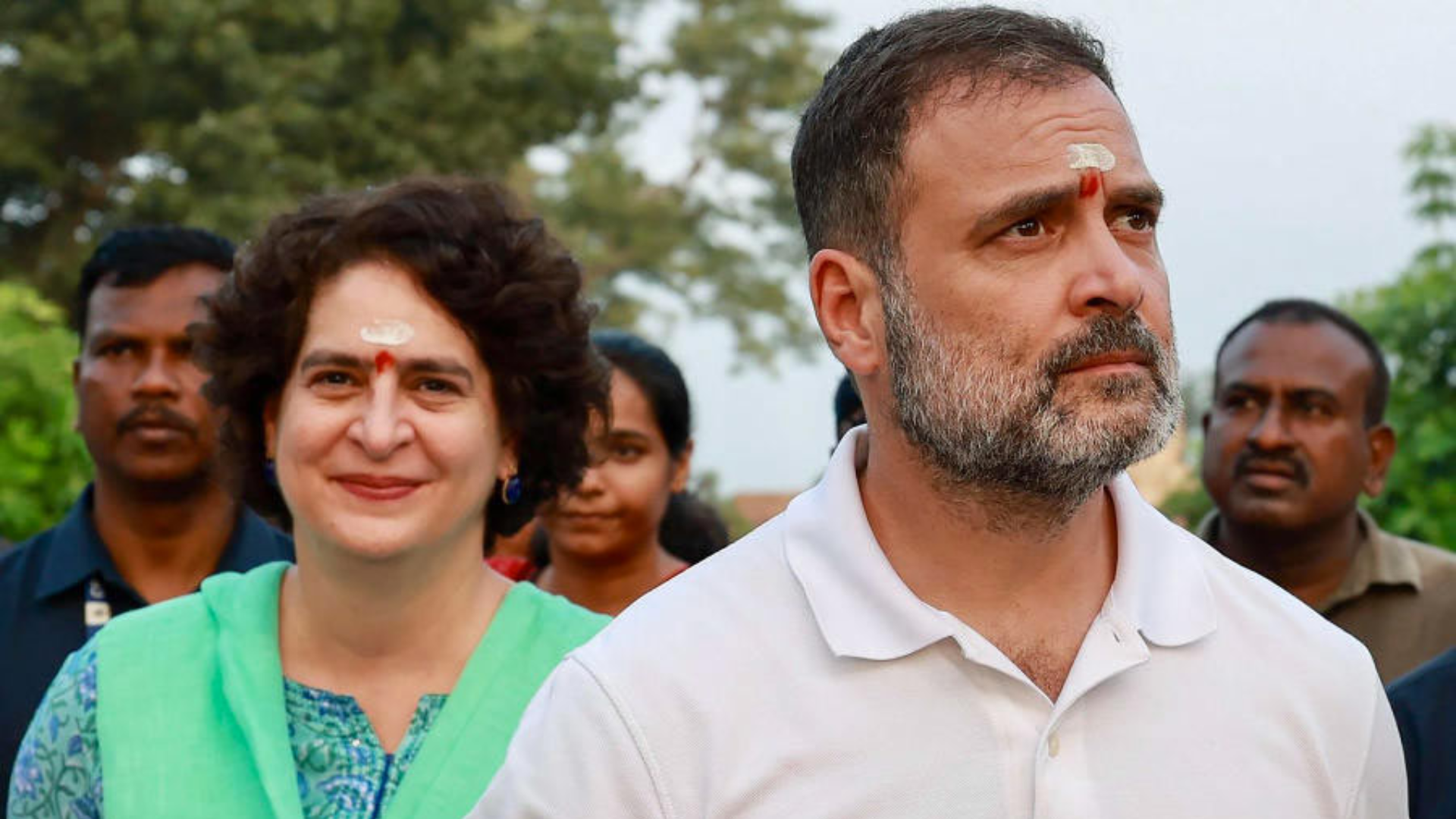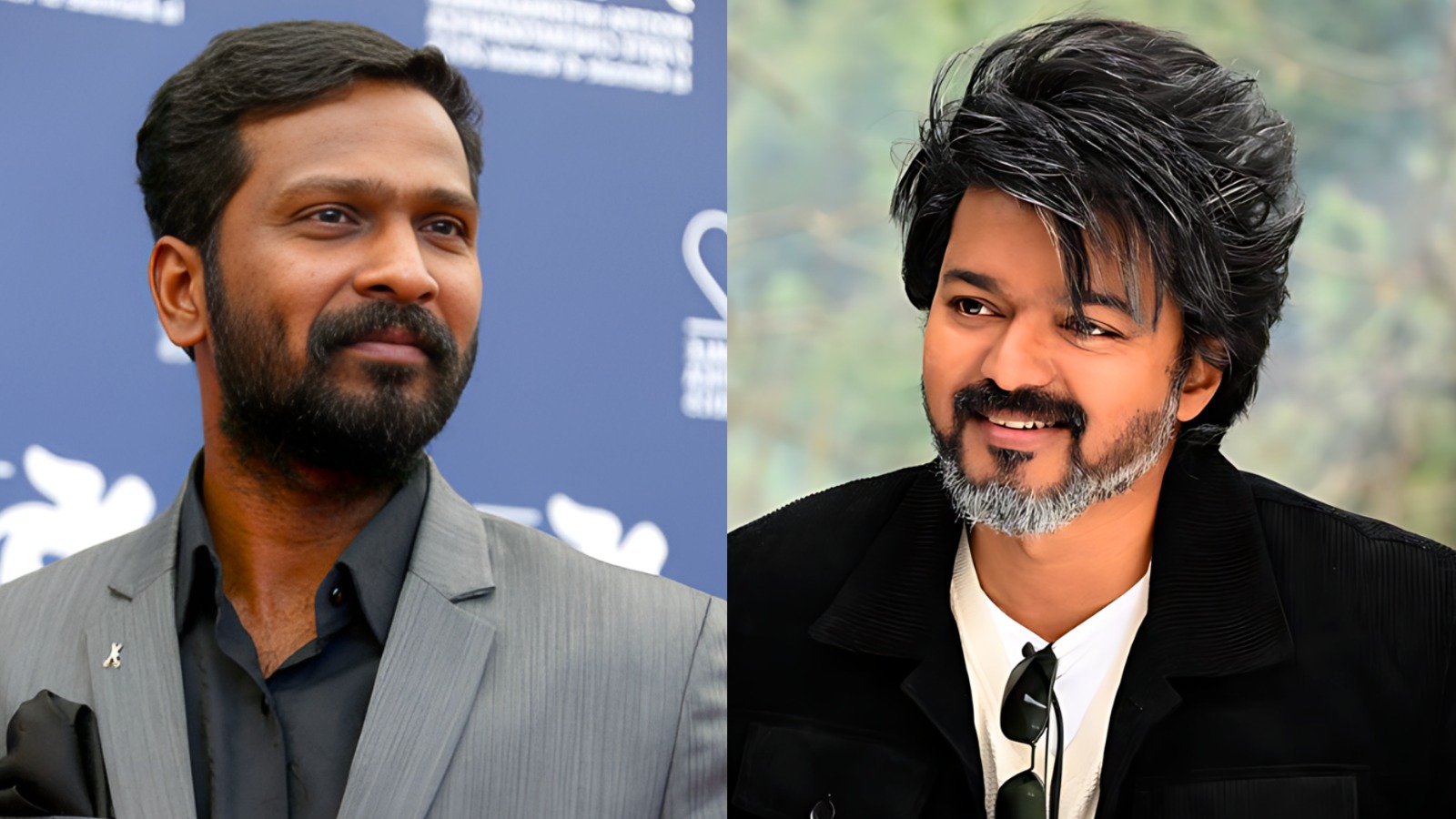


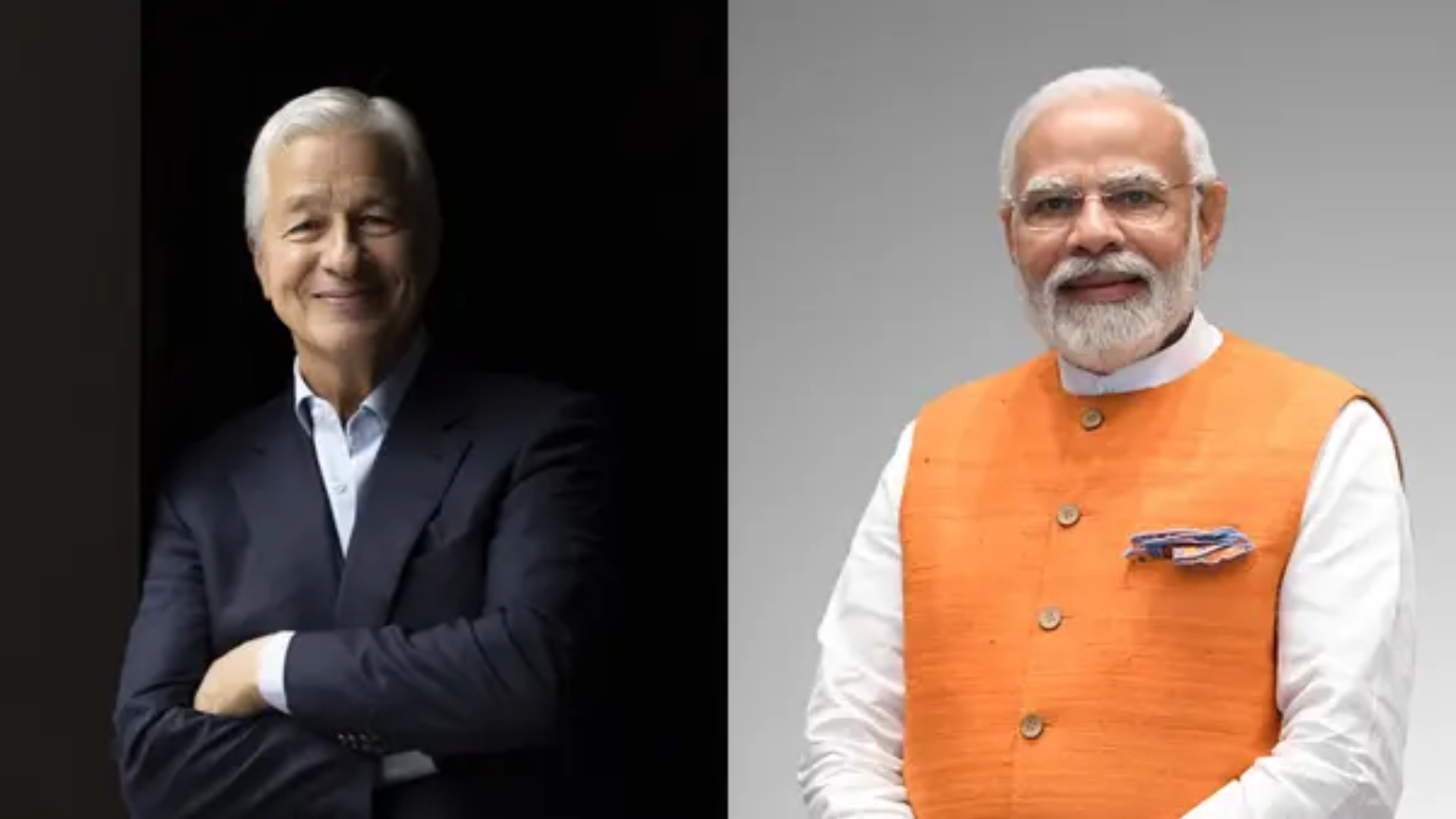

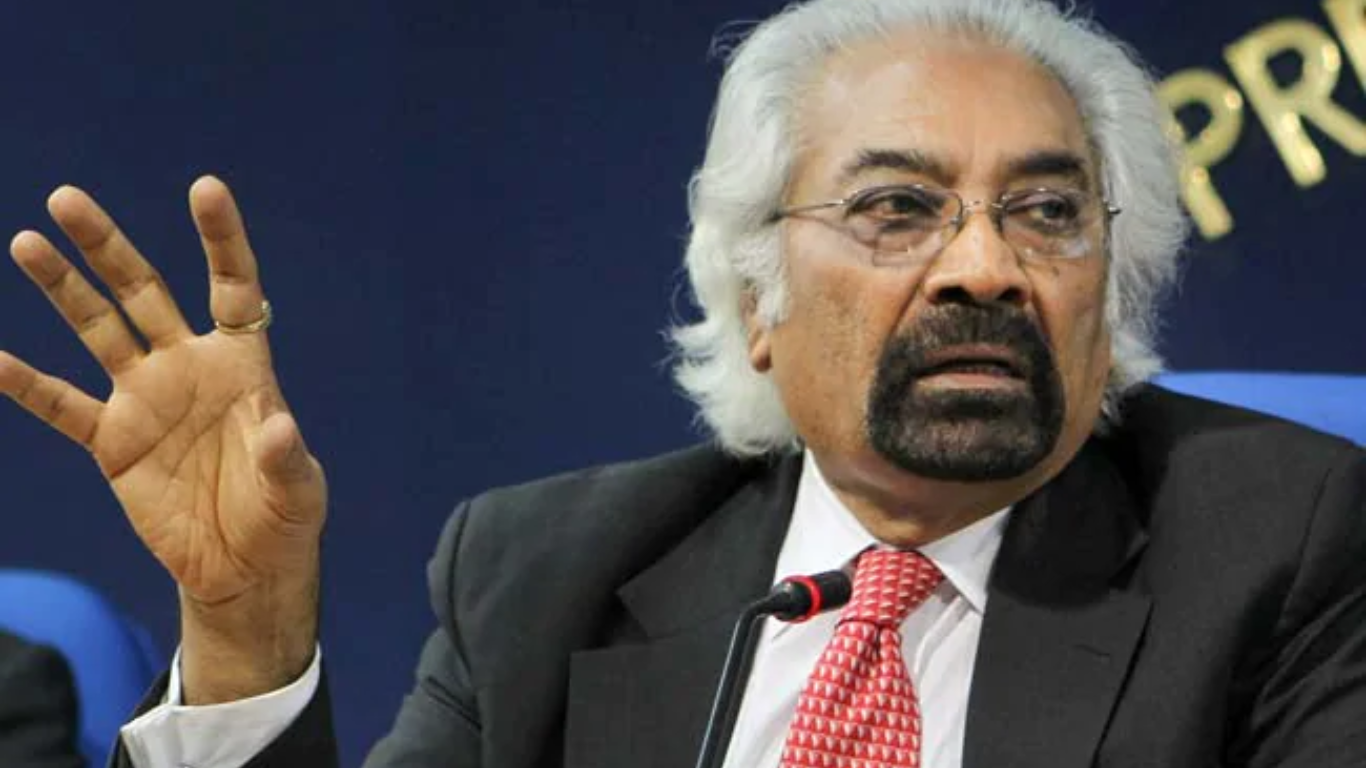

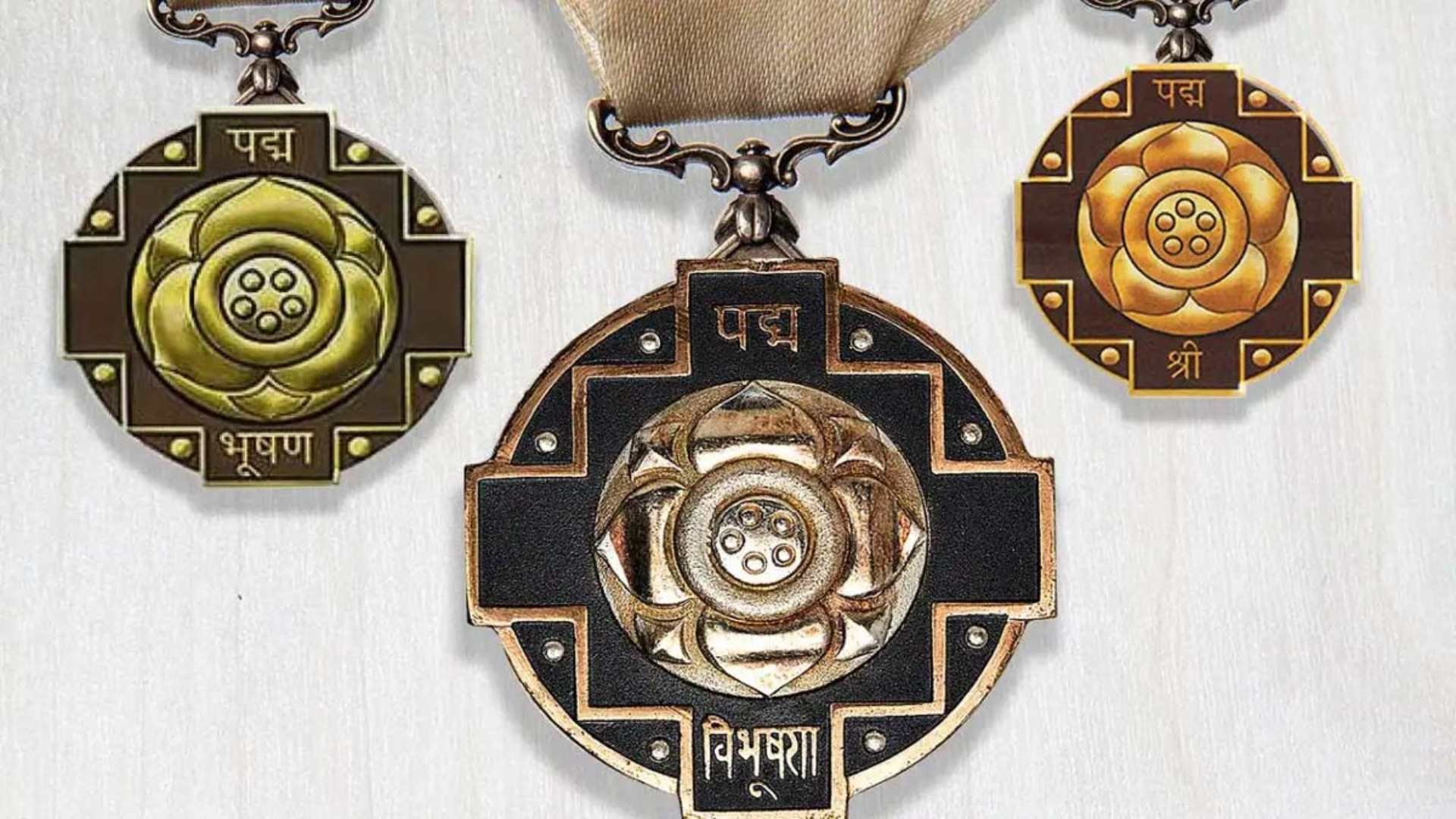
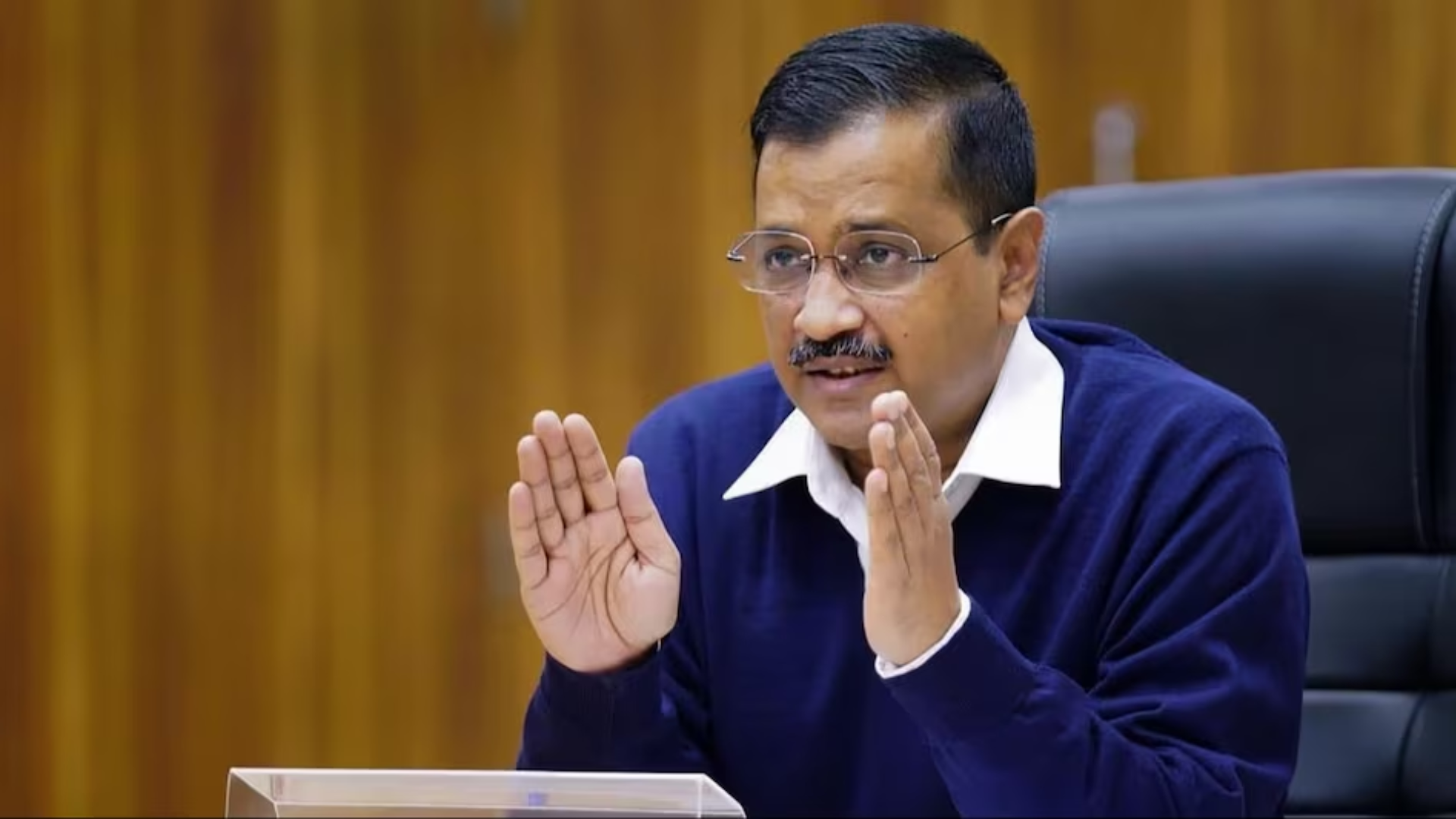

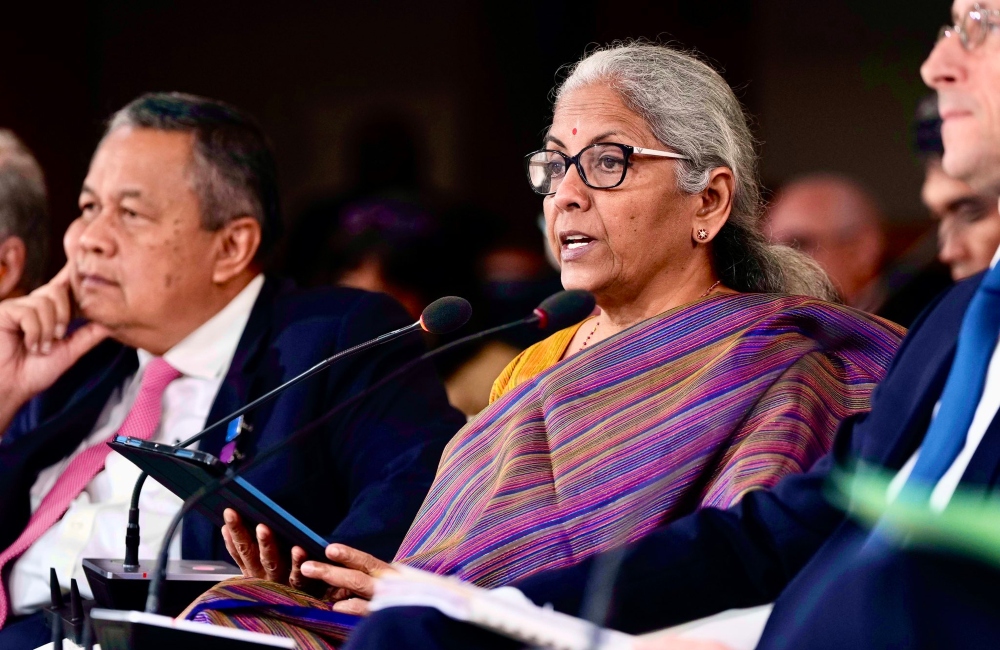
According to India’s finance minister, Nirmala Sitharaman, all nations want the technology to thrive without being misused, thus during the country’s G20 presidency the following year, India plans to create standard operating procedures for cryptocurrencies.
Before leaving Washington, DC, where she was in attendance for the annual meetings of the International Monetary Fund and the World Bank, Sitharaman interacted with a group of Indian journalists and said, “That (crypto) would also be part of India’s stuff (agenda during G-20 leadership).”
Between December 1, 2022, and November 30, 2023, India will hold the G20 Presidency. Beginning in December 2022, India’s G20 Presidency is anticipated to hold more than 200 meetings around the nation.
To combat the hazards of money laundering and fueling terrorism, Sitharaman has been arguing persuasively for international regulation of cryptocurrencies.
The minister said, “We would definitely want to collate all this and do a bit of study and then bring it on to the table of the G-20 so that members can discuss it and hopefully arrive at a framework or SOP so that globally, countries can have a technology-driven regulation.” The minister noted that institutions affiliated with the G-20, the World Bank, or any such organisation are conducting their own assessments and studies of issues related to cryptocurrencies or crypto assets.
The European Union and 19 other nations make up the G20, an international organisation. It strives to solve important global economic concerns including international financial stability, reducing greenhouse gas emissions, and sustainable development.
No one nation can successfully manage or control cryptocurrency in any form, Sitharaman emphasised.
However, it is implied in this that we do not want to upset the technology. We want the technology to live on and be able to help the FinTech industry and other industries.
“But if it’s a matter of platforms, trading on generated assets, buying and selling in order to make money, and more crucially in all these are nations in a position to comprehend the money exchange, are we in a position to establish for what purpose it’s being used?” Asked Sitharaman.
She cited the recent detection of significant money laundering in India by the Enforcement Directorate (ED), most likely in cases involving crypto assets and asset trading.
“Several G20 members have actually acknowledged this issue, stating that it is related to money trails, money laundering, drug abuse, and other issues. It is acknowledged that some sort of regulation is required and that all nations must work together to achieve it; no one nation will be able to do so on its own. Therefore, we will undoubtedly have something on that,” Sitharaman added.
The Reserve Bank of India (RBI) has raised worries about cryptocurrencies, suggesting that they should be banned because they may have a destabilising impact on monetary and fiscal stability, according to Sitharaman’s statement in July.
“The RBI has suggested drafting rules for this industry in light of its worries about the destabilising impact of cryptocurrencies on a nation’s monetary and fiscal stability. The RBI believes that it should be illegal to trade cryptocurrencies, “In a written response to the Lok Sabha, she stated.
Because any contemporary currency must be issued by the central bank or the government, the RBI has stated that cryptocurrencies are not a kind of money, she told Parliament.



